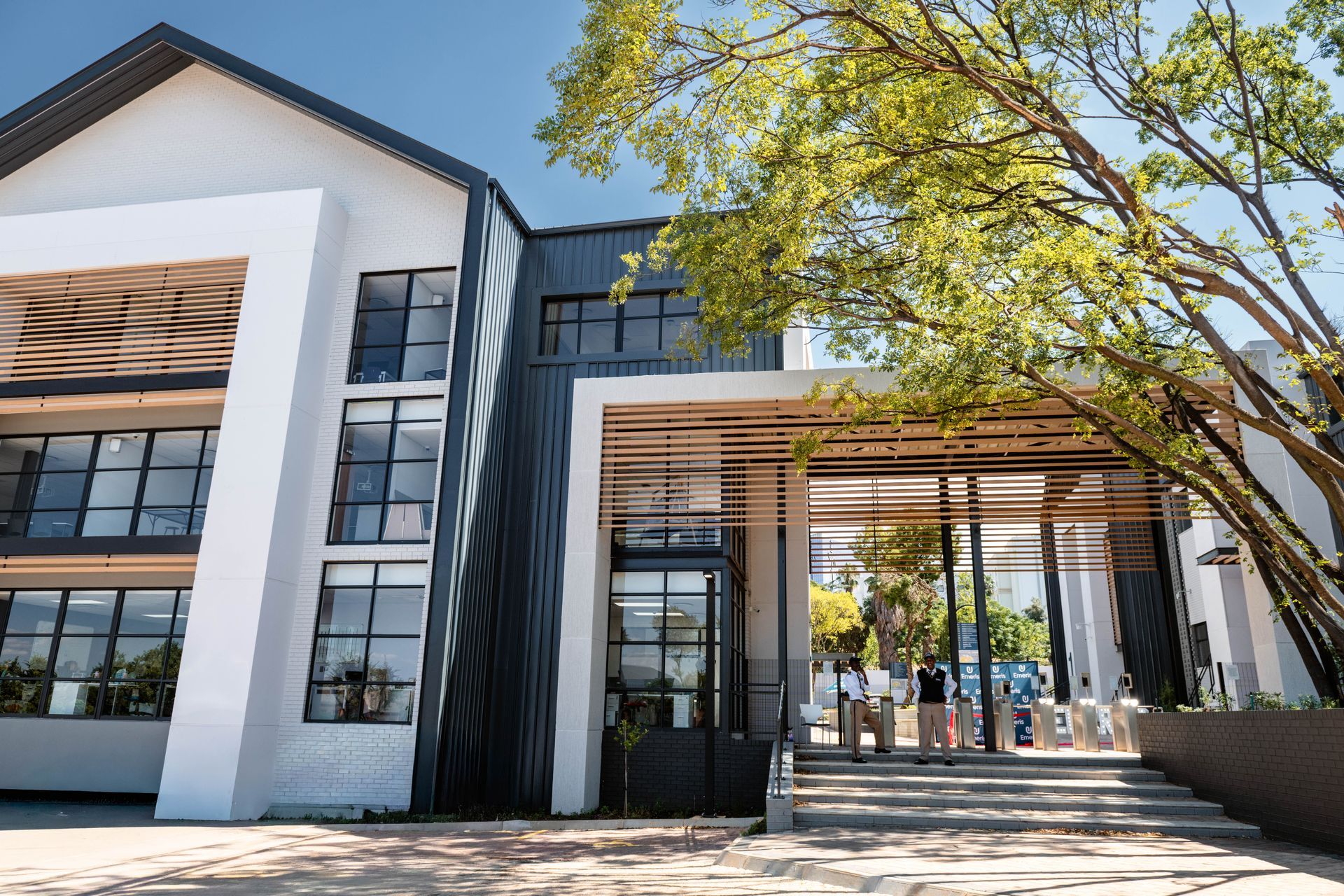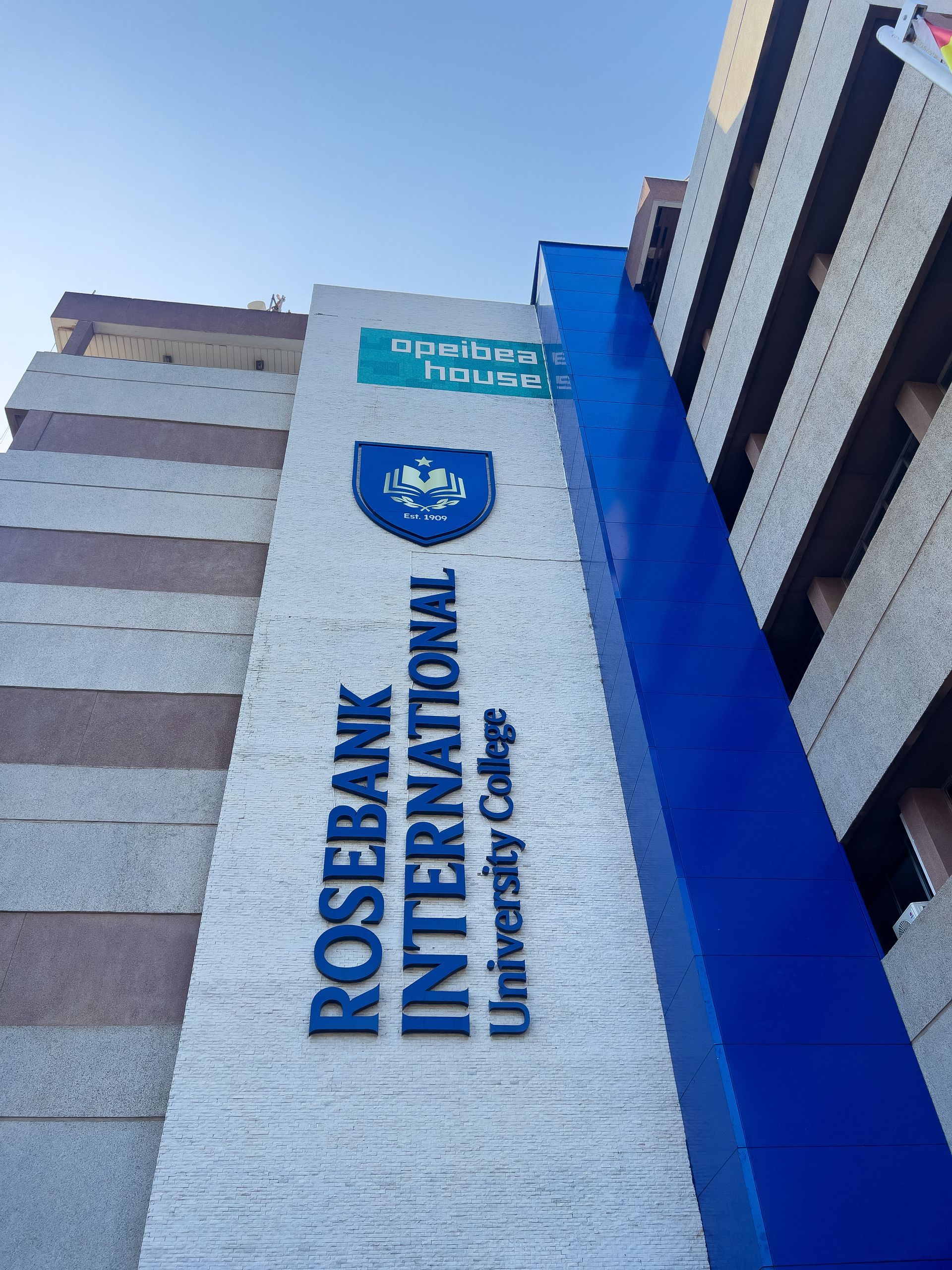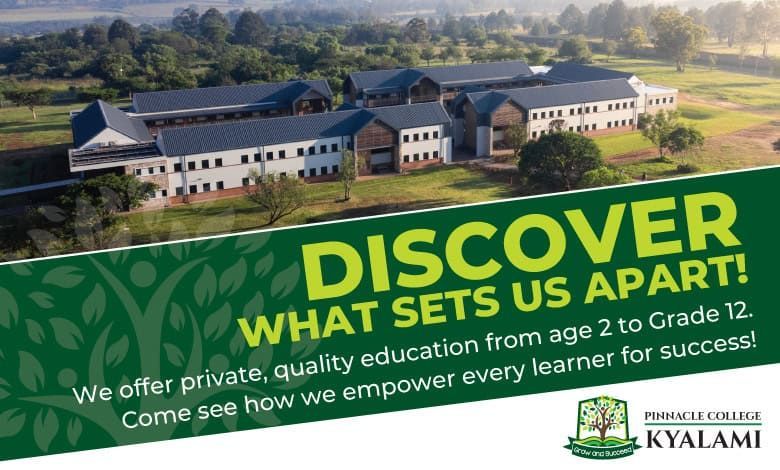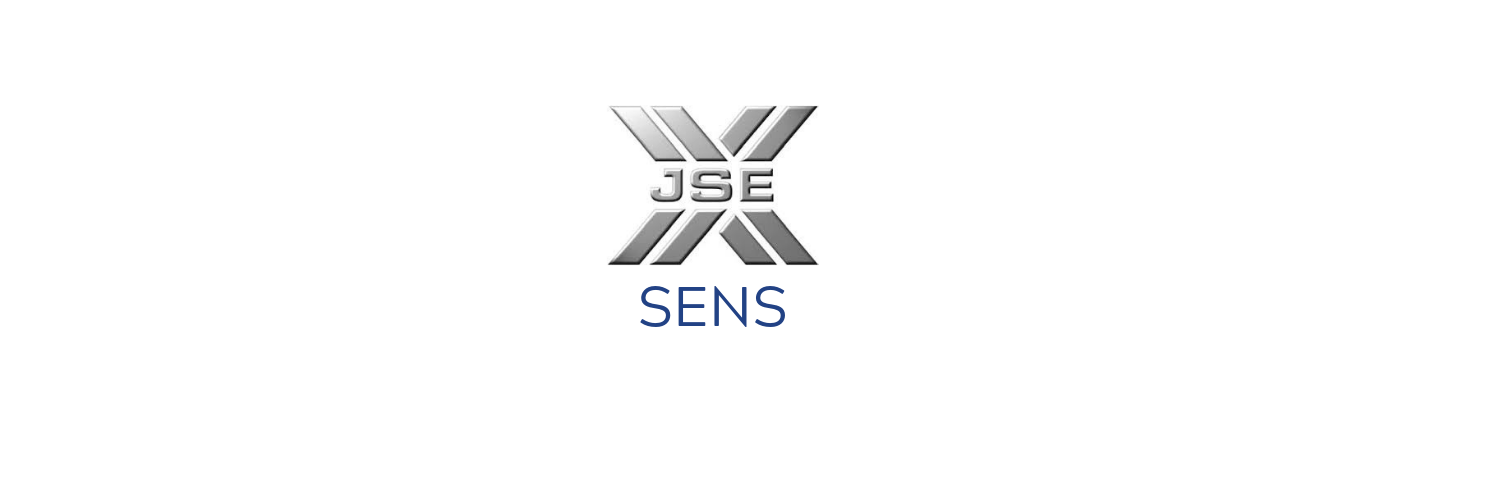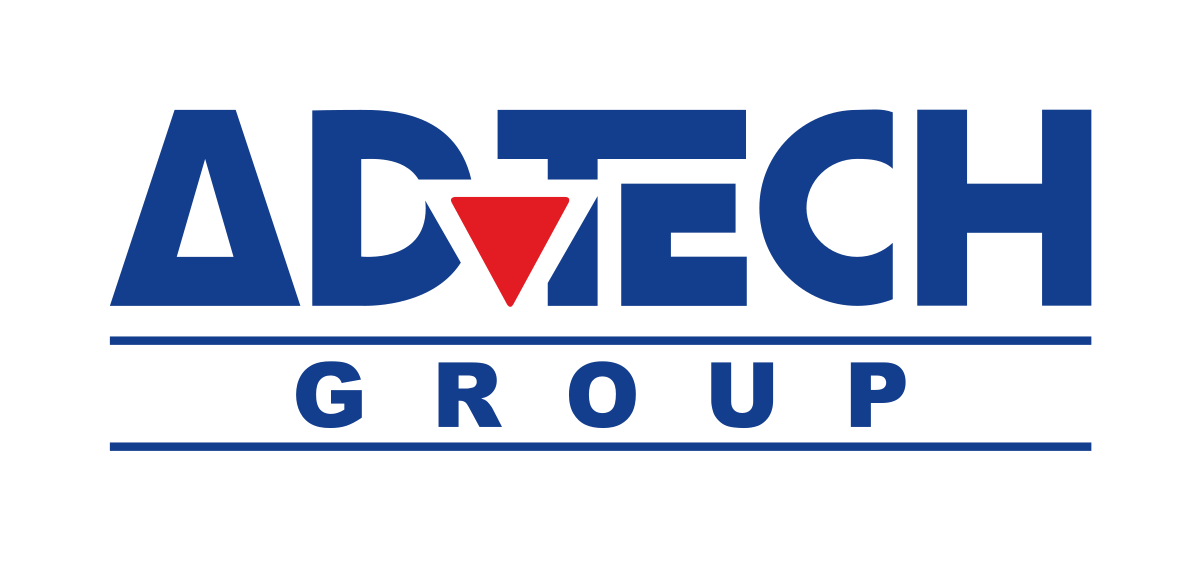ADvTECH delivers another strong set of results at the half year
ADvTECH delivers another strong set of results at the half year
Cementing its position as the leading provider of private education on the African continent
26 August 2024: Commenting on the results, ADvTECH CEO, Geoff Whyte, said: “Driven by robust fundamentals in the business, ADvTECH delivered another strong set of results for the six months ended 30 June 2024. This was achieved through healthy growth in enrolments, moderate fee increases and continued margin improvement, despite a challenging economic environment.”
“We continue to invest in the delivery of superior, technology-enhanced teaching and learning, strengthening our competitive advantage and further cementing ADvTECH as the leading provider of private education on the African continent.”
Group: Operational and Financial Performance
- Enrolments up 6%
- Operating profit up 15% to R865m (2023: R754m)
- Operating margin up from 19.2% to 20.2%
- Normalised earnings per share up 16% to 97.7 cents
The Education divisions recorded revenue growth of 12% year-on-year, due to healthy enrolment growth across both Schools and Tertiary (up 4% and 7% respectively).
Operating margin in the Education business improved to 23.5% (2023: 22.8%) through the benefit of operating leverage and via the Group’s continued drive for efficiency gains. This more than offset the additional costs incurred to enhance ADvTECH’s offering through the introduction of additional global benchmarking measures, artificial intelligence tools to support personalised learning and student information systems.
Normalised earnings for the period increased by 17% to R535 million (2023: R459 million) while normalised earnings per share increased by 16% to 97.7 cents (2023 84.3 cents) per share.
Cash generated from operating activities increased by 12% to R1 959 million (2023: R1 749 million) underscoring the strong cash generating capacity of the Group.
Informed by the Group generating cash in excess of that required to fund its investment programme, the Board decided to increase the dividend payout. Management of the group’s capital structure and optimising return on equity was also considered in this decision. The Board declared an interim dividend of 38.0 cents (2023: 30.0 cents) per ordinary share in respect of the six months ended 30 June 2024. This represents an increase of 27%.
Divisions: Operational and Financial Performance
Schools South Africa
- Enrolments up +5%
- Revenue up 11%
- Operating profit up 12%
The Schools division in South Africa continued to enhance its value propositions and to win market share. All the division’s brands recorded volume and operating profit growth.
Revenue increased by 11% to R1 556 million (2023: R1 402 million) and operating profit increased by 12% to R316 million (2023: R282 million) with the operating margin improving to 20.3% (2023: 20.1%).
In response to sustained demand for quality education in the mid-fee sector, a Pinnacle College campus, scheduled to open in January 2025, is currently under construction in Ridgeview, Roodepoort. Furthermore, strong enrolment growth at Pinnacle College Raslouw in Centurion, necessitated the build-out of the balance of the school, several years ahead of plan.
Schools Rest of Africa
- Enrolments up +4%
- Revenue up 11%
- Operating profit up 29%
ADvTECH’s schools brands in the rest of Africa continued to experience strong enrolment growth. Revenue increased by 11% to R214 million (2023: R193 million), while operating profit increased by 29% to R62 million (2023: R48 million). Operating margin improved from 24.7% to 28.7% driven by operating leverage.
Construction of the next phase of Crawford International in Kenya will commence in the fourth quarter of 2024 in response to continued strong demand, driven by the school’s market leading academic offering.
The Group’s Cambridge International curriculum offering, that was introduced in 2021, is also experiencing strong demand, with parents increasingly choosing this curriculum for their children. As this offering is at a higher fee, it is having a positive impact on the financial performance of these schools.
Gaborone International School continues to perform exceptionally well, with strong enrolment growth and excellent academic results. The second phase of development to increase capacity to accommodate 3 250 students and to refurbish the pre-primary school has now been completed.
Tertiary/University
- Enrolments up 7%
- Revenue up 13%
- Operating profit up 16%
The Tertiary division performed well and continued to grow off the back of a well-established, high quality brand portfolio that offers a comprehensive range of programmes and qualifications. ADvTECH’s ability to provide multi-channel modes of delivery (contact, blended, online, full-time, part-time and distance) is fundamental to enhancing its student value proposition.
Revenue increased by 13% to R1 693 million (2023: R1 500 million) and operating profit grew by 16% to R436 million (2023: R375 million). Benefitting from effective cost containment measures, operating margin increased to 25.8% (2023: 25.0%).
Expansion projects are currently under way at Rosebank College’s mega-campuses in Cape Town, Pretoria and Braamfontein.
A new purpose-built Vega campus is under construction in Pretoria, adjacent to Varsity College, which will be more suitable than the existing premises. In addition, ADvTECH completed expansion projects at the Varsity College Pretoria and Cape Town campuses to increase capacity in response to continued strong demand.
Following the publishing of draft regulations in September 2022 by the previous Minister of Higher Education and Training, which set out the criteria to qualify as a university, amended criteria were published in April this year. ADvTECH submitted its comments in May and await the publishing of the Gazette, which is anticipated before the end of 2024.
“Recognition as a University will ultimately benefit our students who will then rightfully be afforded the same status as their Public University peers. We continue to engage with the Department of Higher Education and Training to move forward on this issue,” said Whyte.
The Group is in the process of acquiring a suitable building to be adapted into a university campus. Should the purchase be approved by the Competition Commission, it will result in a R419 million capital investment over the next two years.
Resourcing
- Operations outside South Africa continue to fuel growth
Revenue decreased by 3% to R810 million (2023: R837 million), with the decline of 16% in South Africa driven by muted recruitment activity in a challenging trading environment. Revenue in the rest of Africa declined by 1% due to a few low margin contracts coming to an end.
Operating profit increased by 3% to R51 million (2023: R50 million) however. This was achieved due to an increase of 24% in operating profit from the rest of Africa to R55 million (2023: R45 million) driven by low margin contracts being replaced by higher margin contracts, more than offsetting the impact of the loss experienced in South Africa.
Alternative Energy Solutions
ADvTECH is committed to minimising environmental impact across our operations. Notwithstanding the recent suspension of loadshedding, the Group continues to roll out solar solutions to reduce our electricity cost and carbon footprint. In addition to five sites that already have solar solutions, installations are currently under way at three sites with the highest electricity usage. Thereafter, ADvTECH will continue the rollout to all remaining sites where a solar solution is feasible.
Prospects
ADvTECH is uniquely positioned to enrich people’s lives by being the leader in teaching and learning across the African continent. Strong demand for quality education continues across all our chosen markets.
“The Group’s solid balance sheet, strong cash generation, growing scale and expertise in Africa and unrelenting focus on extending competitive advantage in both the Schools and Tertiary Divisions, places us in a good position to maintain our growth trajectory and invest with confidence in areas of opportunity,” concluded Whyte.
ADvTECH Updates

